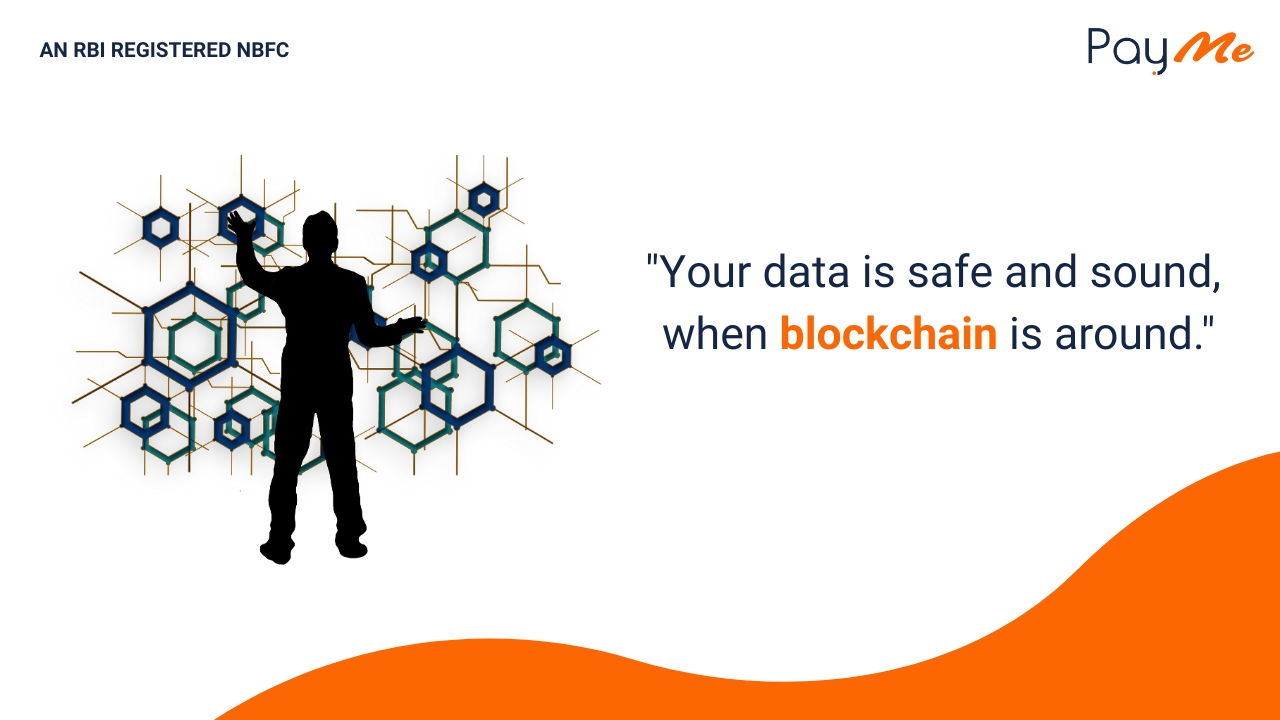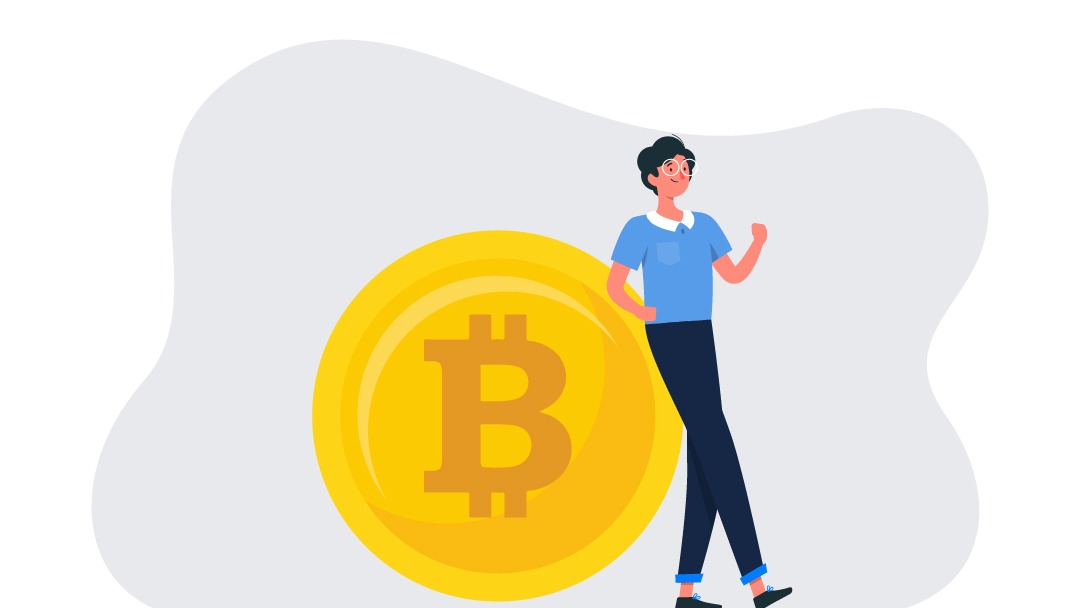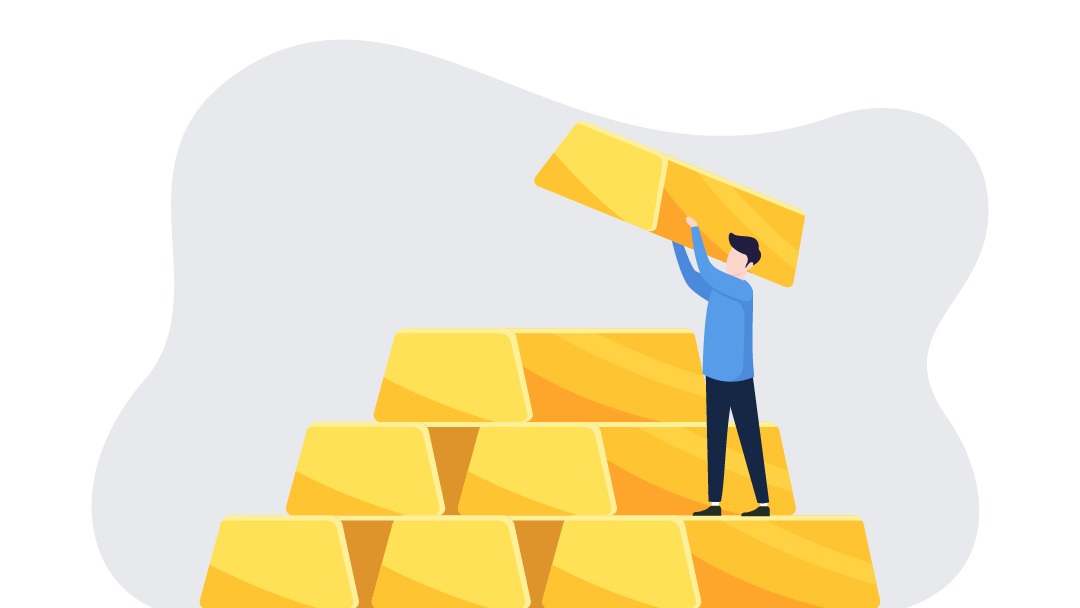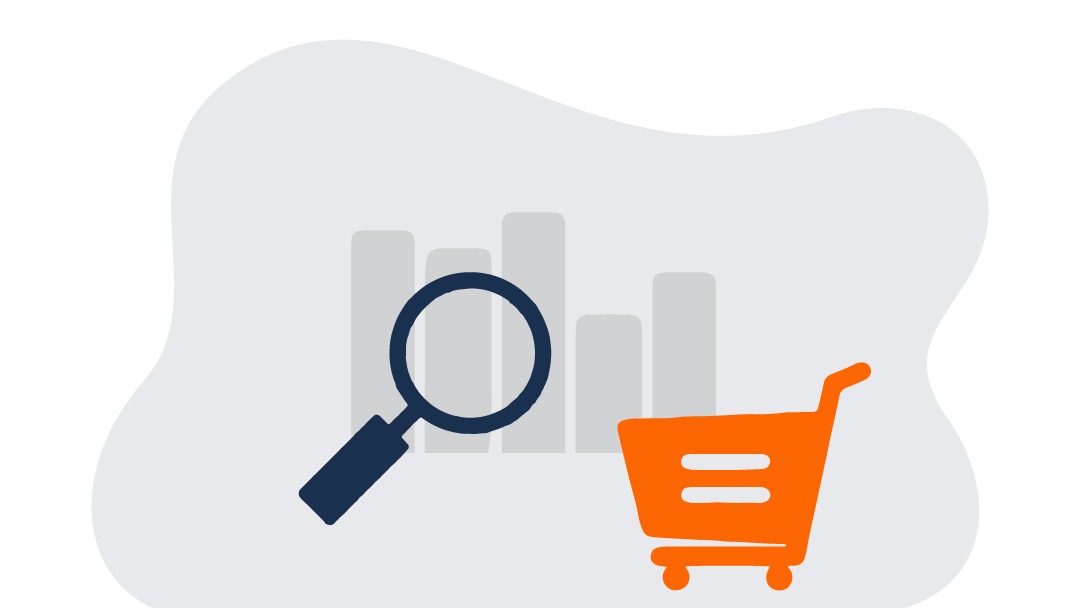Blockchain is a groundbreaking technology that has taken on the world by disrupting old traditional systems and introducing new scope for security. It contains blocks that contain transactional data and other information. It is a decentralized technology that records, stores, and maintains data across a network of systems. It is a type of database that is secure, transparent, and immutable. Thus, in Blockchain, if data or information is added, it cannot be altered or deleted, which makes it an incredibly secure way to store data. Anything with any value on a blockchain network can be easily tracked.
About Blockchain
Blockchain is an advanced database technology that allows transparent data sharing within a business network. The information is stored in blocks and is all connected in a chain. It also helps in tracking assets in a business network. But what is an asset?
An asset can be tangible (cash, car, land) and intangible (copyrights, patents) and is used to generate income or build wealth.
Blockchain works by using networks of computers to verify transactions, and then it adds them into chains. The network consists of computer systems known as NODE, and every node contains a copy of the Blockchain, which checks the transaction for authentication. Complex algorithms are used to verify a transaction, and if any part of the block is altered, the signature mismatches and the whole block is considered invalid.
Why is Blockchain important?
Consumers need quick and accurate information before coming up with any final decision. Since Blockchain entered the technology market, the need to get real and fast information has been met, and transparent, immutable information is shared on a secure and unchangeable ledger. As a result, users can now easily track their orders, payments, and accounts all in one place.
The best thing about Blockchain is that consumers can now view their transactions transparently, giving them confidence in the completeness of the information they’ve received. The solved problem is then added to the chain. This whole process is called mining, and the people who carry out this process are known as miners.
Benefits:
- Decentralization – blockchain technology works on decentralized nature, which means it does not rely on any central authority. It is a peer-to-peer network that provides an equal say to each of its systems in that network. This ensures that the data is secured and there are fewer vulnerabilities.
- Security – Blockchain uses cryptography, consensus mechanisms, and immutable ledgers, which makes it highly secure as data deletion or alteration is not permitted. This gives users a sense of trust that their transactions are safe and cannot be manipulated by anyone.
- Transparency – Blockchain allows users to see their transactions and data. Industries like healthcare, finance, and chain management can benefit from this technology.
- Improved Data Management: With the use of Blockchain, information and data can be shared and stored securely by ensuring that only authorized users have access to it. This is how Blockchain helps in improving the data management system.
- Identity verification – Blockchain can be used to store data and personal information, which can help prevent identity theft and make it easier for people who want to prove their identity.
Uses:
Blockchain technology allows secure and decentralized transactions. Some common uses of Blockchain are:
- Cryptocurrency: The most common and well-known use of Blockchain is a cryptocurrency, such as Bitcoin, Ethereum, etc. Cryptocurrencies use Blockchain because these are maintained by a decentralized system instead of a centralized system.
- Smart Contracts: Blockchain can also be used to create contracts that would be self-executed between buyer and seller.
- Healthcare: Blockchain technology can securely store and share patient data among healthcare providers, potentially reducing medical errors and improving patient outcomes.
- Supply Chain Management: Businesses can use Blockchain to increase transparency and traceability in supply chains, and it can help them track their goods and services and check them for authenticity.
- Real Estate: By using blockchain technology in real estate, information and data can be securely stored and shared, which promises a more efficient and transparent process. This helps reduce fraud and the need for intermediaries in the transaction process.
Limitations of Blockchain technology:
- Regulation: Blockchain operates in an unregulated environment. This can cause issues and uncertainties for businesses and investors. The government is still working on regulating Blockchain, particularly in areas such as taxation and Anti-Money Laundering (AML).
- Scalability: With increased blockchain networks, the demand for time and computing power required to validate the transactions is also increased. This increased demand can result in slow transaction speeds and increased fees.
- Energy Consumption: One of the main problems associated with blockchain technology is the energy it consumes to validate transactions. The energy-intensive process of mining new blocks on a blockchain network can be environmentally damaging and unsustainable in the long run.
- Production of E-waste: The growth and evolution of the blockchain network could make older hardware obsolete, and new hardware would be needed. This could result in a sudden increase in electronic waste if these items are not disposed of properly and can cause environmental issues.
- Interoperability: Another problem with Blockchain is the blocks fail to inter-operate as many different platforms and protocols are used, and it becomes tricky for them to communicate and share data.
Overall, Blockchain is a powerful technology as it can transform data sharing. Besides being used in cryptocurrencies, Blockchain is vastly used in industries like finance, healthcare, and government, providing an unmatched level of security, transparency, and efficiency that traditional systems usually fail to. With Blockchain, people can take control of their transactions and be assured that their data is safe and secure.
As Blockchain is continuously evolving and being widely adopted by users and industries, Blockchain might bring a technological revolution with even more innovations in the coming future.
Read more: What is an API?




